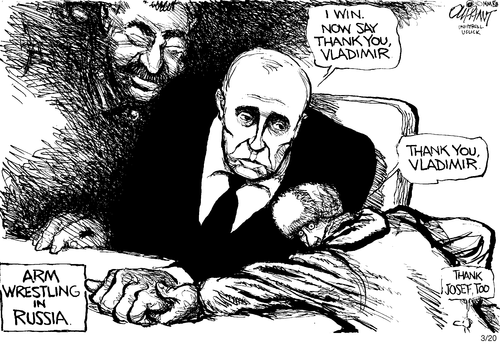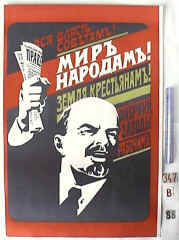
Mostly, though, he wrote as an ostensible sort of civil servant himself, witness to a school system that in many ways acted as an introductory microcosm to labour in Soviet socialism (individual shock work, socialist competition, wall newspapers ).

Perhaps Sloan can be forgiven for not at all addressing any claims about cynical opportunism. More importantly for this book's context, he was writing on the heels of the 1936 "Stalin constitution" and contends ironically that its less-savoury elements such as the return of restrictions on abortion were as much evidence of genuine democratic dialogue as was flowery aspirational language about freedom of speech and the press, and the right to leisure. We hear next to nothing about the author other than that he was British-born and taught English in Moscow in the early 30s, and wrote this work in 1937 in the midst of the heat of the Spanish Civil War (he was never in Spain to my knowledge, but made several references to the embattled and sadly doomed republic).


Notwithstanding historical hindsight claiming Potemkin elections, show trials and other such closely-managed spectacles, and the fact that being an insider may not always enhance but rather limit one's perspective, it is worth understanding why one might be so enamoured with such displays. In society writ large, there was genuine civic engagement through youth and civic organizations in the more quotidian aspects (i., maintenance) where there weren't such before with so broad a popular base. If in the Soviet classroom there was political tension and shortfalls of resources, there was (it is claimed) abolition of corporal punishment (p. Limitations of constitutionalism aside, and with cringeworthy caveats that it excuses Thermidorian misogyny in the reintroduced restrictions on abortion, the sweeping and dramatic historic change in popular practices represent something worthwhile. "All Soviet citizens are, in a sense, civil servants." (p. Such is the familiar central thesis of this book.Īs an historical insider's view, and an insight into at least ostensible and likely in many ways actual functionality of early (20s-30s) Soviet civil society, it is provocative and genuinely inspiring. Dictatorship is the temporary safeguard against threats to nascent democracy, which will wither as democracy is able to extend itself ever further.


 0 kommentar(er)
0 kommentar(er)
